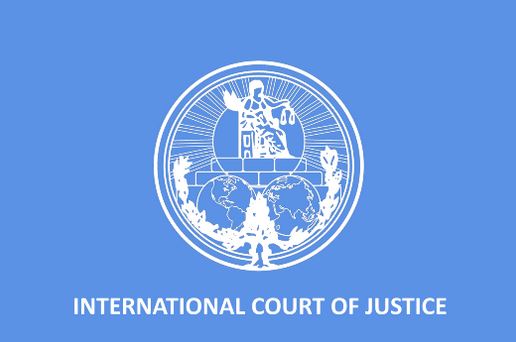
The International Court of Justice (ICJ), which is investigating whether Israel is committing genocide in Gaza, today ordered Israel to “immediately halt” its military offensive in the Rafah enclave in southern Gaza and withdraw from it.
But Prime Minister Benyamin Netanyahu is defiant because he insists Rafah is the last stronghold of Hamas terrorists whose military capacities must be completely destroyed.
He is expected to reject or weave around the order, which is being discussed currently in Israel’s war cabinet. It is legally binding on parties to the 1948 Genocide Convention but cannot be enforced because the ICJ has no means of enforcement. It depends on the good will of governments to enforce its rulings voluntarily.
Still, the rulings have very significant moral value and can cause serious reputational hurt to Israel and motivate countries to withdraw material and moral support from it.
Netanyahu has insisted several times that the Rafah offensive is indispensable for “absolute victory” over Hamas and he will go ahead even if Israel has to stand alone or fight with its “fingernails.”
For the ICJ, this ruling is a milestone because it falls within the 1948 Genocide Convention that underpins the court. The Convention is a vital international act to prevent and punish any future genocide like the Holocaust against Jews by Nazi Germany before Israel’s creation. It was negotiated within the United Nations but the ICJ is independent of the UN.
The order to Israel has particular significance because it is part of South Africa’s ongoing case against Israel alleging genocide in Gaza, a deeply shocking charge for the country established as a safe haven for the world’s only people who suffered a deliberate and systematic Holocaust.
The court’s work may take years to complete but it has issued a “provisional measure” limited to Israel’s current military operations in Rafah.
South Africa requested a provisional order to prevent further worsening of the conflict, including the physical destruction of people sheltering in Rafah.
The court said Netanyahu’s planned full invasion of Rafah could worsen the “disastrous” humanitarian situation there. Rafah near the Egyptian border is a small city to which about 1.5 million people fled from other parts of Gaza after the war began in October 2023.
About 800,000 moved out in recent days to avoid being mowed down by the Israeli offensive, which has not happened yet on full scale partly because of strong objections by President Joe Biden who fears a civilian blood bath. To prevent a new civilian catastrophe, Biden has suspended delivery to Israel of previously approved large bombs capable of bringing down entire buildings.
Many families of hostages held by Hamas inside Gaza also oppose a large-scale Rafah invasion because they prefer negotiations with the kidnappers to bring their loved ones home in short order.
They fear that an intense war in Rafah could cause the deaths of more hostages from worsened conditions of detention or Israeli weapons. The IDF has not yet discovered where the hostages are being held despite nearly eight months of war but it is assumed that they are somewhere in deep tunnels under Rafah.
Those relatives are outraged that Netanyahu has failed to win the release of hostages and appears bogged down in an anti-terrorist war that is becoming costlier by the day. Netanyahu seems adamant about continuing his Rafah offensive regardless of obstacles and international opinion or pressure from Biden to first take care of people displaced from the locality.
The ICJ also ordered Israel to reopen the Rafah crossing from Egypt to transport food, medicines, fuel and other aid into Gaza to alleviate the humanitarian situation. Israel closed the crossing when it started its incursions into Rafah about three weeks ago.
The court demanded that Israel allow UN investigators to enter Gaza to make firsthand inspections of the situation on the ground, including living conditions of civilians.
Most United Nations agencies and other humanitarian groups have been reporting for weeks that civilians are living in conditions of near starvation amid spreading disease. They warn that hospitals and clinics, most of which are damaged or destroyed, are severely short of medical supplies.
Hopefully, a reopened Rafah crossing will allow hundreds of trucks laden with humanitarian relief supplies to enter Gaza from Egypt and greatly alleviate people’s suffering.
















